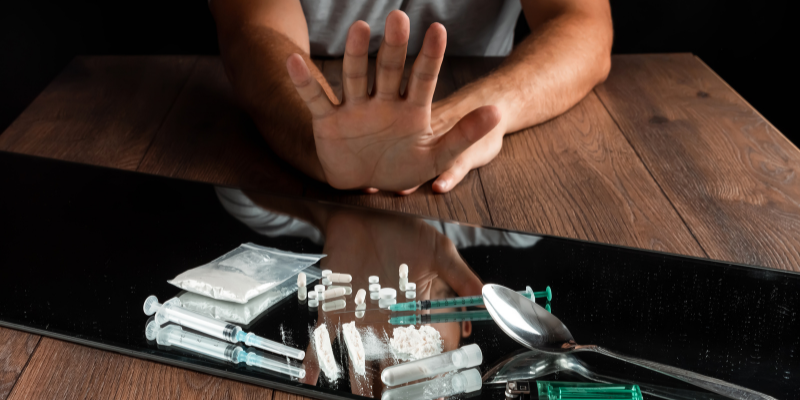
Residential care for addiction treatment can be a lifesaver for some people. Going from utter chaos to a stable, controlled environment with a laser focus on therapeutic healing can kickstart sobriety. Completing a residential care program can provide an exhilarating sense of accomplishment and hope for the beginning of a new life.
But as many people with addictions have discovered, residential treatment represents a “bubble world” where they are safely isolated from their real-life challenges, stresses, family dysfunction, friends who use, and other triggers. And re-entering the real world with all its messy problems and temptations can be extremely challenging.
You need a post-residential care plan.
Surviving and Thriving After Residential Treatment
When you graduate from a residential treatment program, you should feel very proud of yourself. It’s a major accomplishment and a testament to a tremendous effort on your part. To keep the momentum going, it’s important to have a plan in place to help you through the next phase of your sobriety.
First, you need to understand all of the areas of your life that may have contributed to your substance abuse problems then create a post-treatment plan to turn those negatives into positives. A good way to approach this is to think of your life in 4 Circles:
Biological:
Investigate if there any physical issues in your brain or body that may have led you to self-medicate. For example, do you have hormonal imbalances, chronic infections like Lyme disease, or a past head injury that may be causing bothersome symptoms? Or do you have low blood flow in certain areas of your brain that are linked to impulsivity and poor decision-making, or to depression or anxiety? A failure to address these problems can lead you back to the substance abuse you’ve worked so hard to overcome.
Post-Treatment Plan: Schedule lab tests to check your overall health and consider brain SPECT imaging to identify any underlying brain issues that might make it harder for you to follow through on your recovery plan. Correcting any physical issues or ailments is a critical step in the process. Optimizing your brain can be the most important thing to help you stick with your recovery efforts.
Psychological:
Examine your thinking patterns to see if they are keeping you stuck in your unhealthy behaviors. Is your head filled with ANTs (automatic negative thoughts) that are making it more difficult for you to maintain a clean and sober lifestyle?
Post-Treatment Plan: Remember that you don’t need to believe every stupid thought in your head and learn to kill the ANTs by challenging negative thoughts. Any time you are feeling sad, mad, or angry, ask yourself if your thoughts are true, and if not, talk back to them. If you have trouble changing your thinking, consider helpful forms of psychotherapy for ongoing help.
Social:
Take an inventory of your friends and accomplices. Friends are people who will support you in your recovery. Accomplices are those who want to lure you back into your old habits.
Post-Treatment Plan: Write down the names of 5 friends who can help you stick with your new healthy lifestyle and 5 accomplices who will tempt you to revert to your old ways. Spend as much time as possible with your friends and limit your exposure to accomplices.
Spiritual:
Look deep inside yourself to see if you can identify what’s motivating you to stay healthy.
Post-Treatment Plan: Know your “why” by creating a One Page Miracle. On a sheet of paper fill out what you want from life in these key areas: family, career, finances, spirituality, and others. Put this paper somewhere you can see it every day as a reminder to help you stay focused on what you want. And before you make any decisions, ask yourself, “Is this helping me get what I want out of life or hurting me?”
At Amen Clinics, we use brain SPECT imaging as part of a comprehensive evaluation to help our patients see and understand any underlying brain dysfunction that may be contributing to addictions. We use an integrated brain-body approach to healing all 4 Circles of your life to improve your ability to maintain sobriety.
If you want to join the thousands of people who have already enhanced their brain health and overcome their addictions and psychiatric symptoms at Amen Clinics, speak to a specialist today at 888-288-9834. If all our specialists are busy helping others, you can also schedule a time to talk.





I would like to do a brain scan with my son
Comment by Vicki Whalen — July 24, 2020 @ 4:30 AM
I am grateful because you provided this kind of article. Everything was worth to read and I could say that it is very informative and very reliable, nice work
Comment by Sober Living California — April 12, 2022 @ 8:43 AM